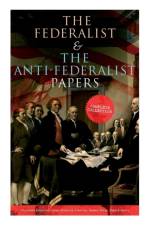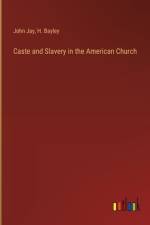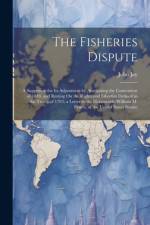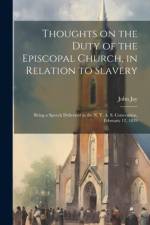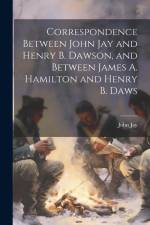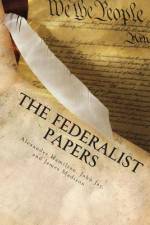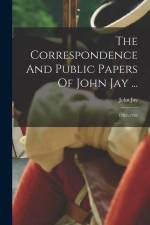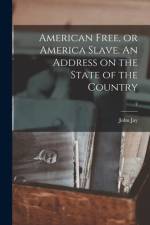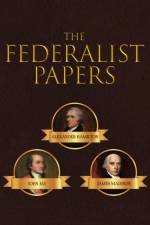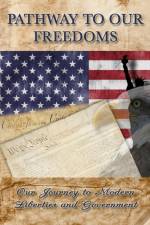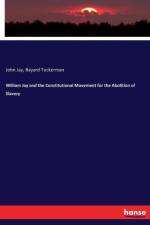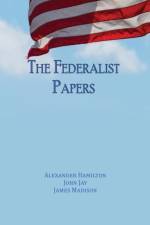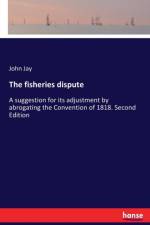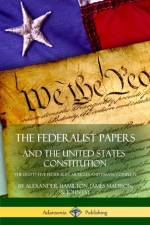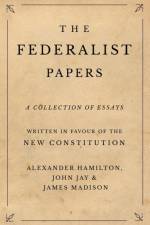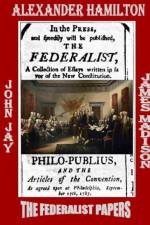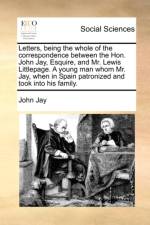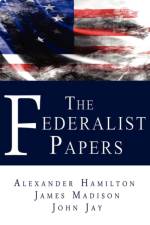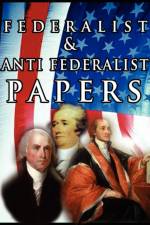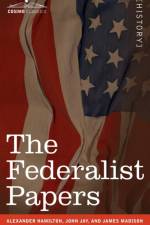- Complete Collection: Including the U.S. Constitution, Declaration of Independence, Bill of Rights, Important Documents by the Founding Fathers & more
av Alexander Hamilton, James Madison & John Jay
277
This collection contains the crucial decisions and arguments of the Founding Fathers which shaped the America we know today. Along with the Constitution, Bill of Rights and the various Amendments this book is sure to help you understand the basic tenets of the American democracy: Contents: Need for Stronger Union Federalist: I, II, III, IV, V, VI Anti-Federalist: John Dewitt I, John Dewitt II Bill of Rights Federalist: LXXXIV Anti-Federalist: John Dewitt II Nature and Powers of the Union Federalist: I, XIV, XV Anti-Federalist: Patrick Henry June 5, 1788 Responsibility and Checks in Self-government Federalist: X, LI Anti-Federalist: Centenel I Extent of Union, States'' Rights, Bill of Rights, Taxation Federalist: X, XXXII, XXXIII, XXXV, XXXVI, XXXIX, XLV, LXXXIV Anti-Federalist: Brutus I Extended Republics, Taxation Federalist: VII, X, XIV, XXXV, XXXVI Anti-Federalist: Federal Farmer I, Federal Farmer II Broad Construction, Taxing Powers Federalist: XXIII, XXX, XXXI, XXXII, XXXIII, XXXIV Anti-Federalist: Brutus VI Defense, Standing Armies Federalist: XXIV, XXV, XXVI, XXVII, XXVIII, XXIX Anti-Federalist: Brutus X The Judiciary Federalist: LXXVIII, LXXIX, LXXX, LXXXI, LXXXII, LXXXIII Anti-Federalist: Brutus XI, Brutus XII, Brutus XV Government Resting on the People Federalist: XXIII, XLIX Anti-Federalist: John Dewitt III Executive Power Federalist: LXVII Anti-Federalist: Cato V Regulating Elections Federalist: LIX Anti-Federalist: Cato VII House of Representatives Federalist: XXVII, XXVIII, LII, LIII, LIV, LVII Anti-Federalist: Brutus IV The Senate Federalist: LXII, LXIII Anti-Federalist: Brutus XVI Articles of Confederation (1777) Declaration of Independence (1776) U.S. Constitution (1787) Bill of Rights (1791) Amendments (1792-1991)

